The Glossery: Take Back the Night
In tenth grade, I took a weeklong self-defense class. I learned how to fight back if attacked, how to poke someone in the eyes, or knee them in the balls and how to shout “NO!” and run away. When we had a simulated attack to practice the techniques we’d learned, most of the girls in the class ended up sobbing, overwhelmed at the experience of fighting someone, even though it wasn’t real.
But I knew that most rapists don’t grab you in a dark alley. What I didn’t realize is that using those fighting techniques could be a lot more complicated in ambiguous, non-violent situations. Many attacks occur in what start as safe settings, maybe even your own bed, in your own house.
This was all long before I ever attended Take Back the Night. I felt empowered by my self-defense class, convinced that I would never be the victim of an attack, and that if I were I would have the necessary tools to fight back.
Take Back the Night has been an empowering experience, complimentary to my self-defense class. I’m not sure that I really need to know so many of the physical ways to fight back—the psychological and emotional tools I learn at Take Back the Night are perhaps more relevant to the situations I may face.
Every year, the event presents an opportunity for survivors of rape and sexual assault in all forms to tell their stories to a large, supportive circle of people.
“One of the strongest reasons I show up is because everyone is there silently supporting people and you feel this heavy vibe of everyone listening,” said Sivan Cotel ’05. “Every Take Back the Night there’s always someone who gets up and talks about being sexually assaulted and who says that they’ve never talked about it with anyone before, and I think [the night] is most important for those people. The very fact that we’re doing Take Back the Night and doing something as one united group gives them the chance to get something off their chest.”
Cotel has been attending Take Back the Night since he was 10 years old because his summer camp held the same event every summer. This unique exposure from such a young age has caused him to feel strongly about its necessity.
Several students who wished to remain anonymous said that Take Back the Night has been the single most powerful gathering they have been to at Wesleyan because of the willingness of the participants to be vulnerable in front of the entire community. Some of these students also added that Wesleyan is a very politically active campus, but for this one night people are willing to put politics aside and focus more on emotions.
Take Back the Night is certainly one of the most moving experiences for a lot of students at Wesleyan, but many people every year choose not to attend.
Cotel enumerated some of the reasons why he believes men may not want to attend.
“I think the biggest potential problem with Take Back the Night is that it can be misinterpreted by men as an attack on all men, which is not what it is,” he said.
“Misunderstanding is one of the big reasons guys might not show up. They don’t know what it is, or they think ‘It’s only a women’s thing, they don’t need me there,’ or they think ‘What’s the point? I know rape happens, I have more important things to do,’ or they’ve been and didn’t have a good experience. I’ve convinced a lot of people to give it a second chance.”
Sara Armstrong ’05 said it could be difficult for people to attend year after year when the stories leave them feeling depressed and hopeless. She said she would like to see more concrete components to the night, and beyond the night, that teach everyone, men and women, how to be safer.
“It shouldn’t be a once a year thing, it shouldn’t be an isolated event, there should be more information sessions about it, regular self-defense classes for men and women and more knowledge in general,” Armstrong said.
Kate Patterson ’04, one of the organizers of this year’s Take Back the Night, said she is interested in forming a sexual assault crisis service on campus. She proposed involving counselors, a support group or a hotline.
It is crucial to follow up Take Back the Night with further discussions, resources and education, including such things as self-defense or other tactics for feeling safer.
“When the question comes up ‘What should women do to prevent rape?’ women shouldn’t have to prevent rape. It’s not something women need to be fixing; it’s a societal problem,” said one student who wished to remain anonymous.
It is important to educate women and men about how to avoid potentially dangerous situations, but why are we not simultaneously teaching potential attackers the kinds of things they can do and the attitudes they can challenge to help put an end to rape? The unbalanced emphasis on educating the victims is unfair because it places the blame on them if they do get into situations that they “should” have known how to avoid.
A strong tie is made between sexual assault and alcohol, particularly in college. Alcohol can undoubtedly play a major role in unwanted sexual encounters, but all too often alcohol prevention campaigns use the threat of rape as a scare tactic to prevent women from drinking too much instead of as an issue that needs to be discussed.
So how do we make any semblance of the issue of rape and sexual assault when there are so many emotionally charged considerations and overlapping issues? How can we continue to educate others and ourselves in a more developed way?
I cannot even begin to claim that I have any answers, but we can start by keeping an eye out for each other in different ways, both men and women. If you see a friend who is at risk of being violated or whose actions may be violating someone else, help take him or her out of that situation. Take Back the Night is an important event for our community, and the subjects it addresses should not fall by the wayside after this week.
“I think what’s most important is if Take Back the Night, just by its existence and by people going to it, means that this is a subject that can be talked about on campus, then it’s been successful. It’s a spark in a haystack,” Cotel said.

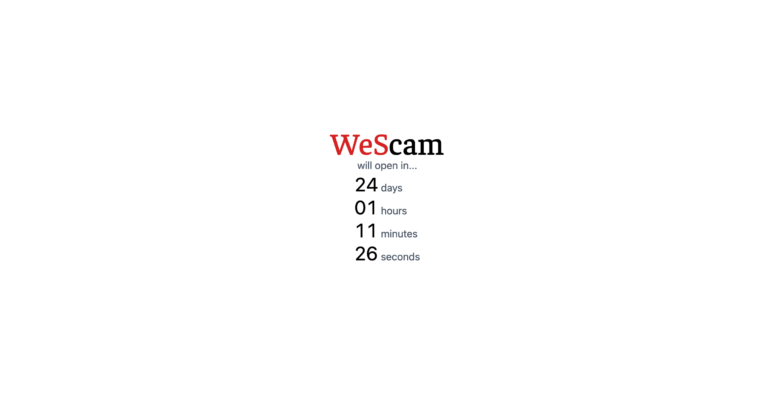
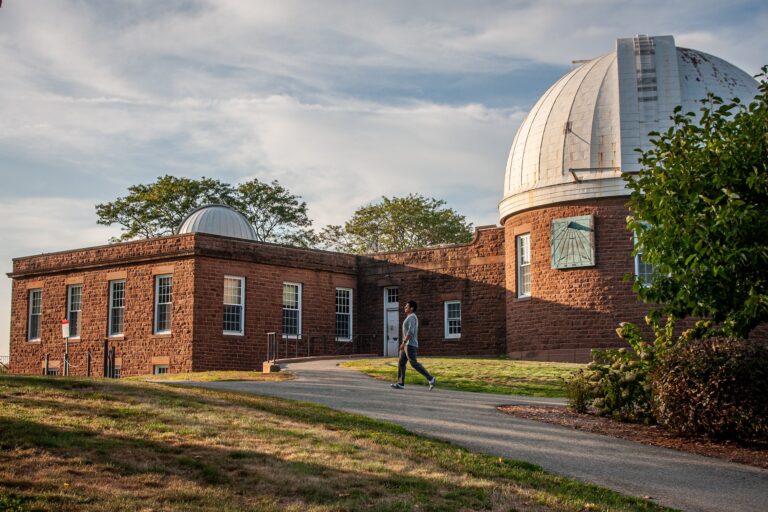
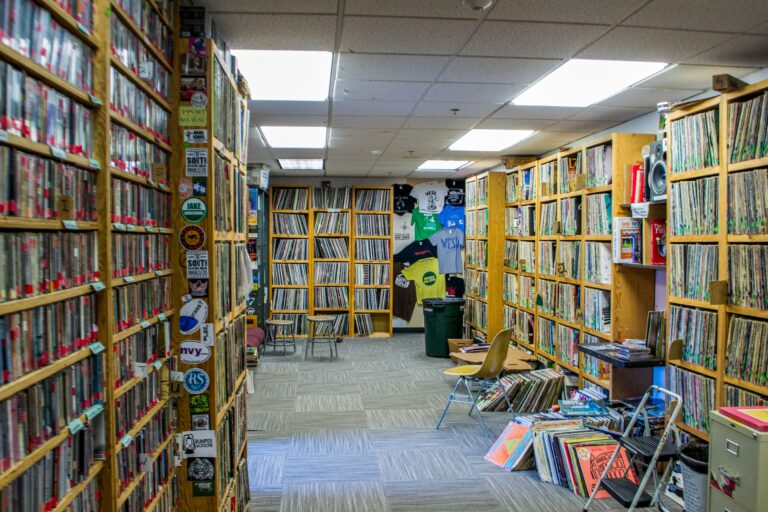
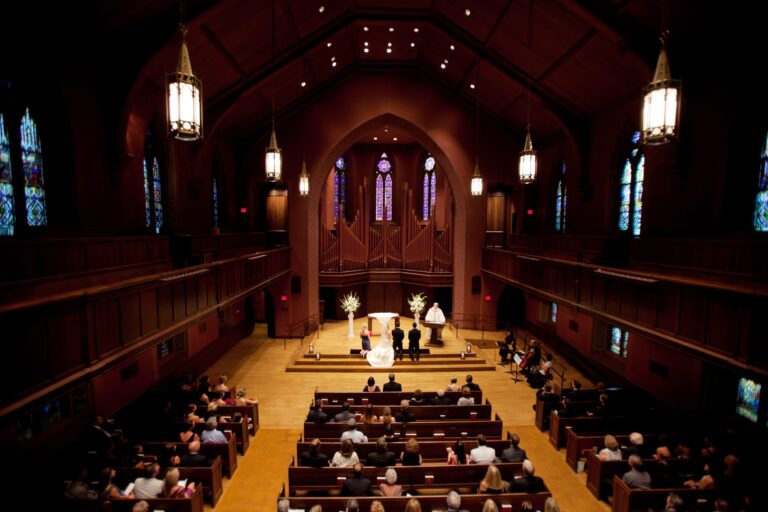
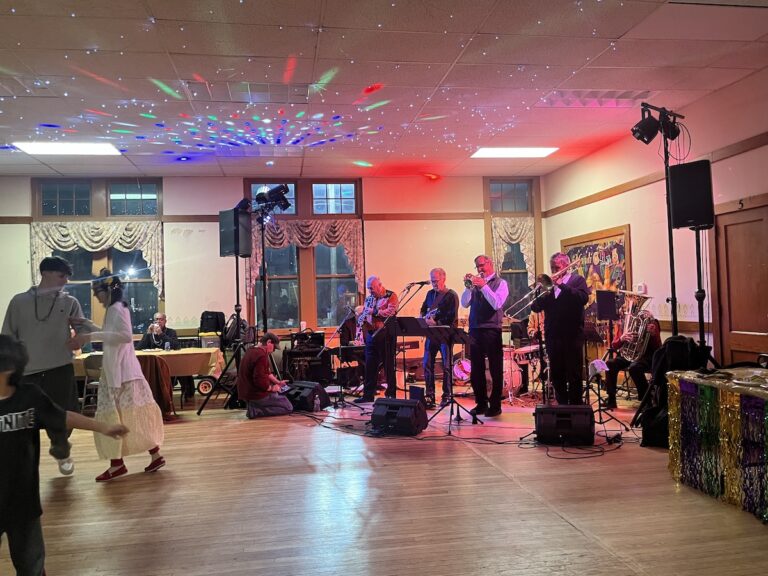

Leave a Reply